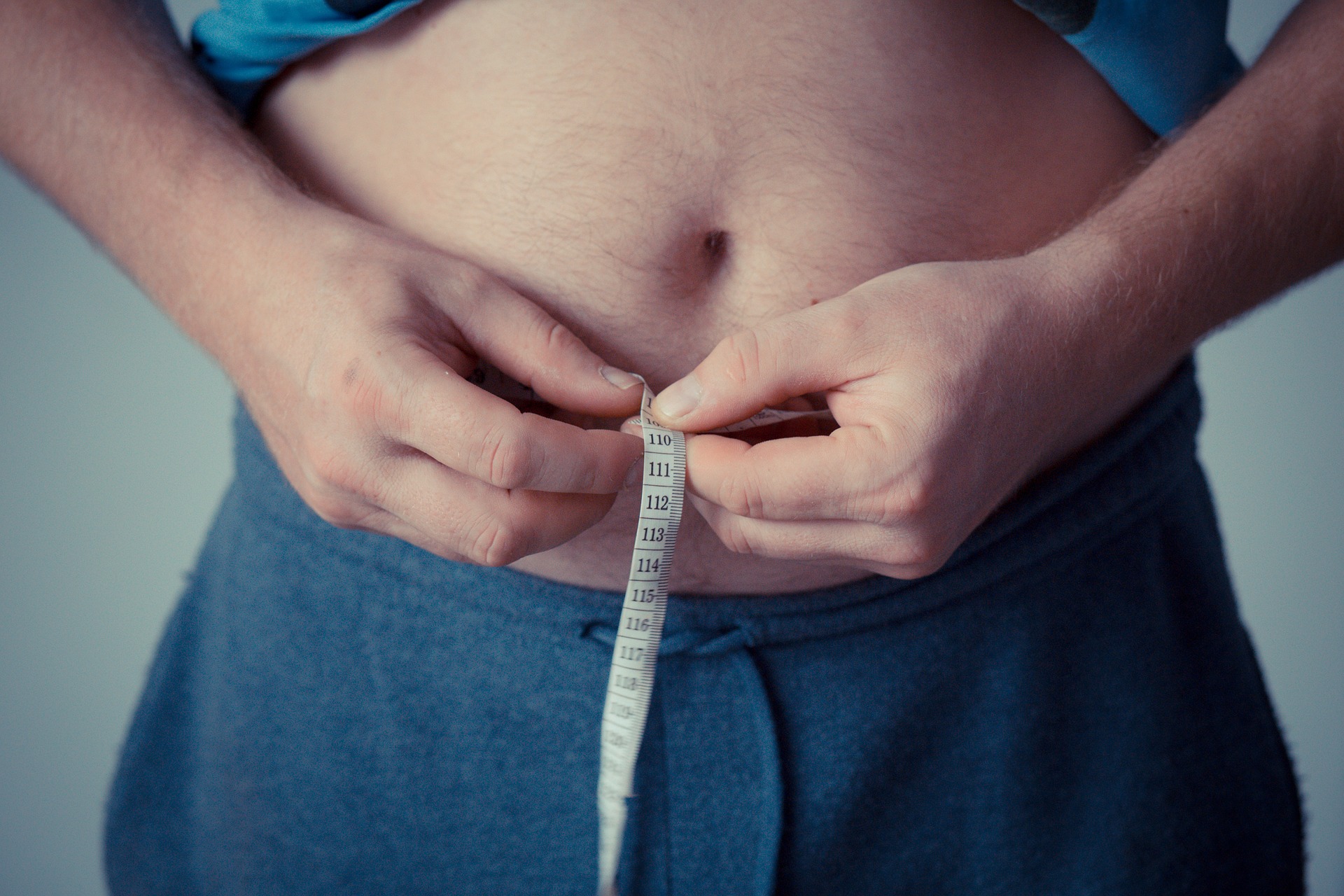 Microbiology
Microbiology
Gut bacteria drive yo-yo dieting
Gut bacteria “memory” of previous obesity drives recurrent or “Yo-Yo obesity”: the major pattern of human obesity worldwide. Therapeutically resetting this memory can prevent recurrent obesity and its complications.

The American reality show "The Biggest Loser" features obese contestants that are competing for the strongest weight loss within the duration of one season of the TV series, which is rewarded with a cash prize. A wide audience has followed the show, and its concept is symptomatic for the public's desire for faster and more efficient weight loss solutions. However, a follow-up of the participants has demonstrated that the show is also symptomatic for yet another public health trend: Within several months of the end of each season, nearly all of the contestants had regained the lost pounds, and in many cases ended up at even higher weight levels than they had started out with before the show. This outcome is representative for a phenomenon that is observed in up to 80% of all dieters worldwide that have successfully lost weight: the tendency to regain weight within a short period of time, even when food intake stays low. The scientific basis of this phenomenon, typically referred to as the "yo-yo effect" of recurrent obesity, remains poorly understood.
We have recently identified a potential role for gut bacteria in driving the tendency for exacerbated weight regain after dieting. The human intestine is home to trillions of microorganisms, collectively called the gut microbiota, that perform diverse functions in both health and disease. Using a mouse model for recurrent obesity, we found that not only does the composition of the gut microbiota change during obesity, but some of these changes remain even after successful weight loss. In rodents, this post-obesity persistence of the microbiota remained for a time period that was five times longer than the initial period of obesity before it reverted back to its original composition. During this bacterial "memory" phase of obesity, the host was highly susceptible to rapid and exacerbated weight regain, which was much more pronounced than in control mice that gained weight for the first time.
Several experiments suggested that the gut bacteria are directly involved in driving this tendency for enhanced weight regain after dieting. First, depleting gut bacteria using broad-spectrum antibiotics during the weight loss phase erased the "memory" and prevented severe weight regain. Second, transferring the gut microbiota from previously obese mice to lean mice also transferred this "memory" of obesity and accelerated weight gain in the recipients. Third, replacing the microbiota of formerly obese mice with the microbiota from mice that had never been obese in the past slowed down their tendency for weight regain.
Finally, we asked how the microbiota can control the tendency to regain weight after obesity therapy. Gut bacteria are the source of a large number of small molecules that are produced in response to food intake and reach the blood stream, whereby they circulate through the entire body. We found that certain bacteria in the gastrointestinal tract determine the availability of so-called flavonoids, a group of plant-derived molecules that are metabolized by gut bacteria. The higher the content of these flavonoids in the gut, the higher the metabolic rate of the host, i.e. the more energy the mouse combusted. Thereby, higher flavonoid contents correlated with slower weight regain. Mice that had undergone weight loss after obesity showed low levels of flavonoids in their gut, but adding back flavonoids to those mice prevented their rapid weight regain after dieting.
How did the flavonoids drive energy expenditure in formerly obese mice? Heat production in many rodents is driven by a special tissue termed brown fat. We found that flavonoids can directly activate brown fat and may thereby be involved in driving energy consumption. These findings suggest that the bacteria residing in the gastrointestinal tract have an important role in mediating the tendency for rapid weight regain after dieting. They also suggest that flavonoids may form the basis for an effective future therapy to ameliorate weight regain in formerly obese individuals, and may have helped "the biggest losers" to maintain their low weight after the TV show.
Original Article:
C. A. Thaiss et al., Persistent microbiome alterations modulate the rate of post-dieting weight regain. Nature, (2016)Next read: The daily life of Neandertals by Andrew Farrer
Edited by:
Massimo Caine , Founder and Director
We thought you might like
Collateral damage: antibiotics disrupt the balance in the gut
Jun 2, 2016 in Microbiology | 3.5 min read by Katri KorpelaCold adaptation: gut bacteria can make the difference
Sep 7, 2016 in Microbiology | 3 min read by Daniele GuidoInvisible allies for healthy juvenile growth
Oct 12, 2016 in Microbiology | 4 min read by Martin SchwarzerThe cutting EDGE: Bringing genomics to everyone
Jun 14, 2017 in Microbiology | 3.5 min read by Patrick ChainMore from Microbiology
Monoclonal antibodies that are effective against all COVID-19 -related viruses
Jan 31, 2024 in Microbiology | 3.5 min read by Wan Ni ChiaPlagued for millennia: The complex transmission and ecology of prehistoric Yersinia pestis
Jul 31, 2023 in Microbiology | 3 min read by Aida Andrades Valtueña , Gunnar U. Neumann , Alexander HerbigHow cellular transport can be explained with a flip book
Jun 5, 2023 in Microbiology | 3 min read by Christina ElsnerThe Achilles’ heel of superbugs that survive salty dry conditions
Apr 24, 2023 in Microbiology | 4 min read by Heng Keat TamNew chemistry in unusual bacteria displays drug-like activity
Mar 21, 2023 in Microbiology | 3.5 min read by Grace Dekoker , Joshua BlodgettEditor's picks
Trending now
Popular topics


